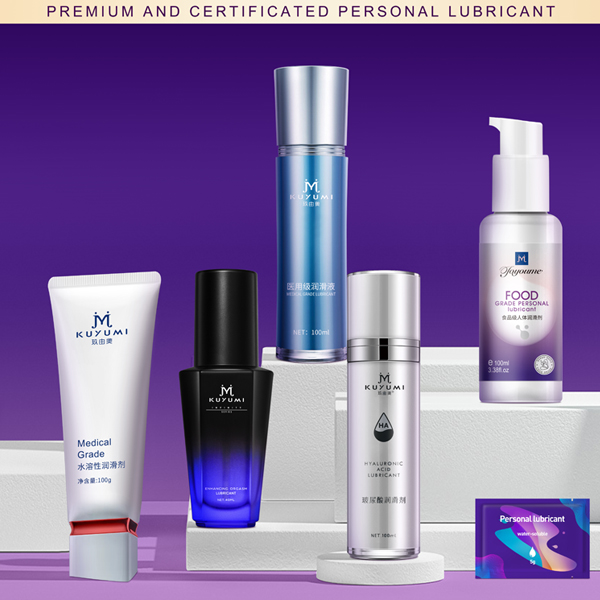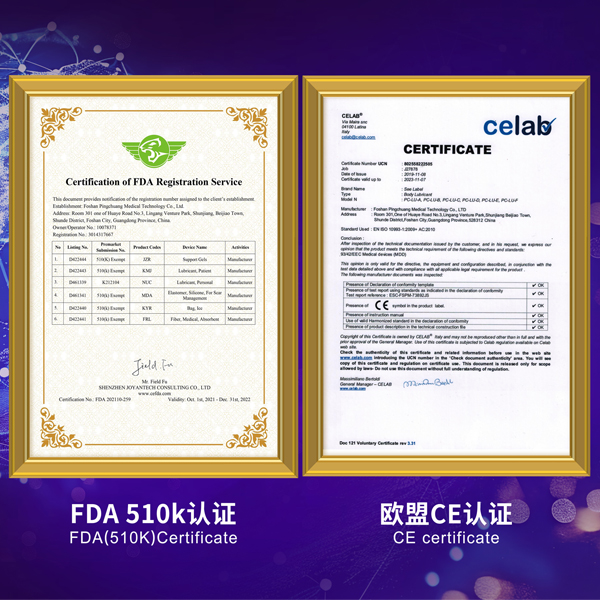In international trade, the export of personal lubricants faces complex regulatory requirements and market risks. Brands must adopt a series of strategies to ensure their products can smoothly enter the target market while avoiding potential trade risks.

1. Deeply understand the regulatory requirements of the target market
Different countries and regions have varying regulations for personal lubricants. Before exporting, it is crucial to conduct in-depth research on the regulations of the target market to ensure that the product complies with local safety standards and compliance requirements. For example, products exported to the US need to pass FDA regulation, while the EU market requires CE certification.
2. Obtain necessary international certifications
International certifications such as FDA 510K and CE are key for personal lubricants to enter the international market. These certifications not only prove the product's safety and effectiveness but also serve as an important foundation for consumer trust. Brands should work with manufacturers who have obtained these certifications to ensure products meet the regulatory requirements of the target market.

3. Choose reliable logistics channels
Logistics is an important link in international trade. Brands should choose experienced logistics partners to ensure the safety and timely arrival of products during transportation. Additionally, reasonable logistics planning can reduce transportation costs and improve efficiency.
4. Comprehensive support from Pingchuang Medical
As a professional manufacturer of personal lubricants, Pingchuang Medical has multiple international authoritative certifications, including ISO13485, US FDA, and EU CE. Our products have been exported to 76 countries, including the US, EU, and Southeast Asia, providing strong market support for brands.
5. Establish a risk management mechanism
Brands should establish a complete risk management mechanism, including market risk assessment, supply chain risk control, and strategies for responding to changes in laws and regulations. Through these measures, the uncertainty and potential risks in international trade can be minimized.
In the tide of cross-border e-commerce, personal lubricant brands aiming to steadily advance in international trade must deeply understand the regulatory requirements of the target market, obtain necessary international certifications, choose reliable logistics channels, and establish a risk management mechanism. With comprehensive international certifications and rich export experience, Pingchuang Medical offers a powerful partnership for brands to explore broader international markets together. By collaborating with Pingchuang Medical, brands can face the challenges of international trade with more confidence, achieving smooth product exports and successful market expansion.